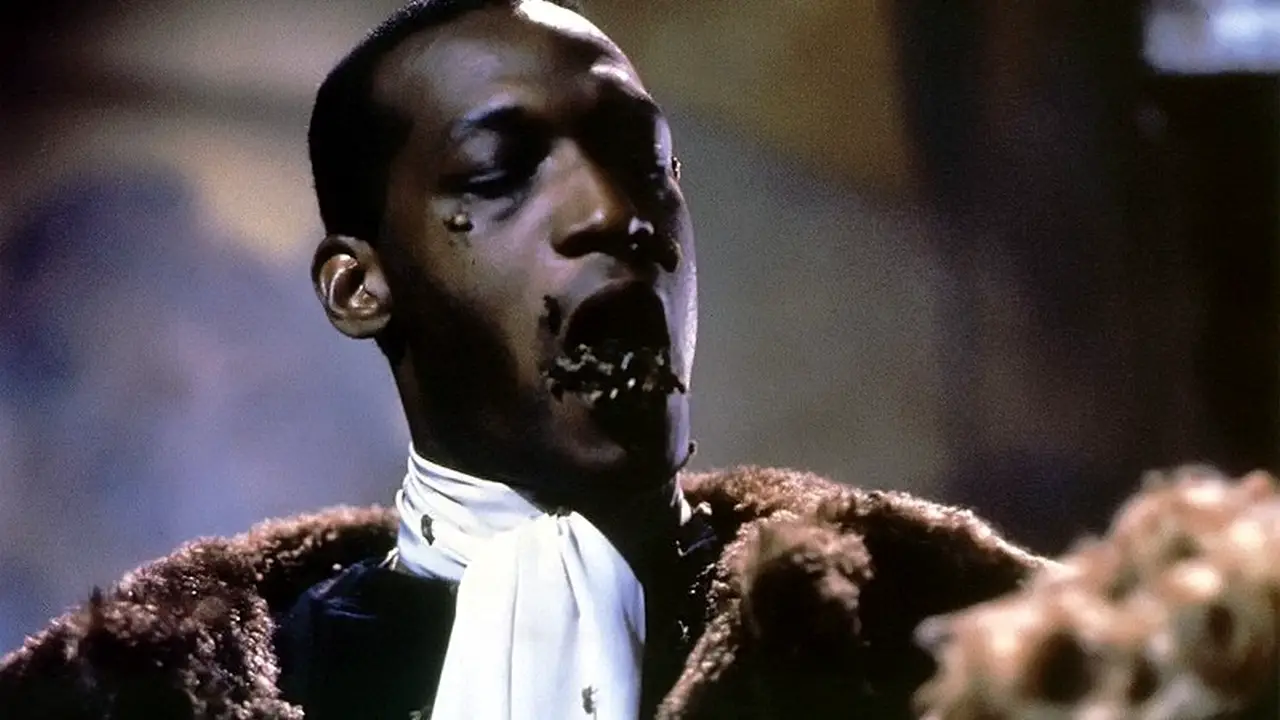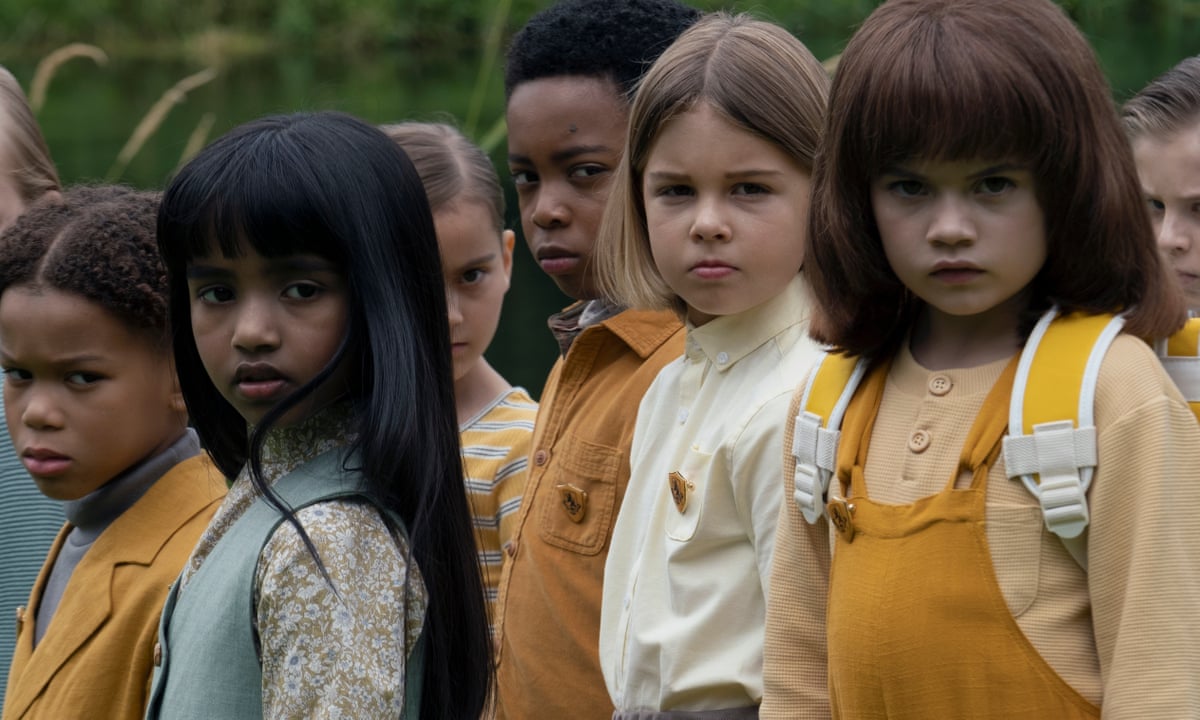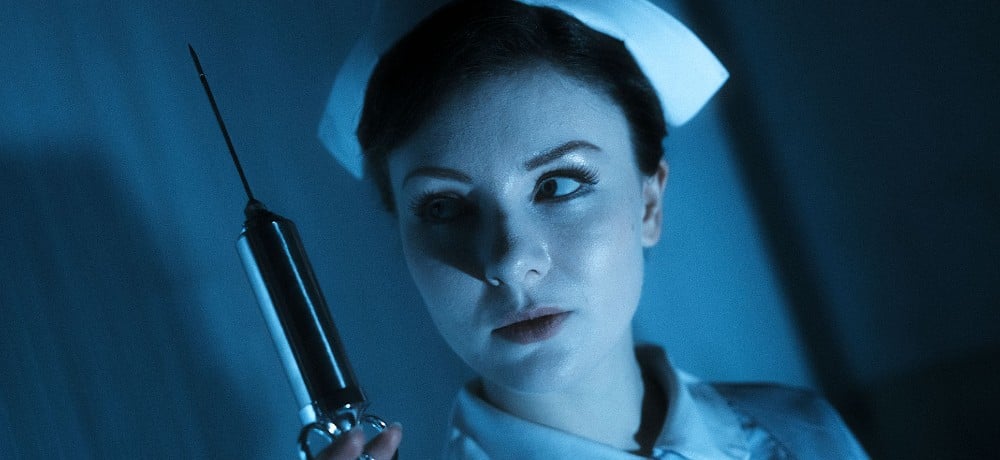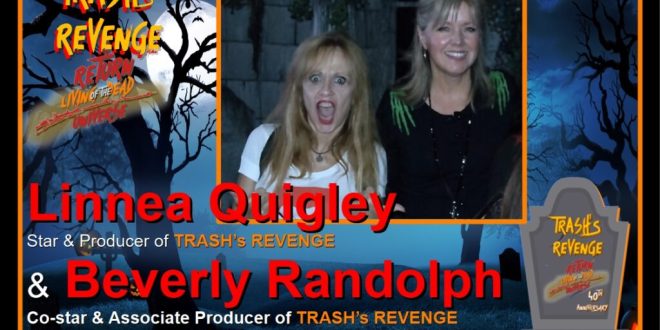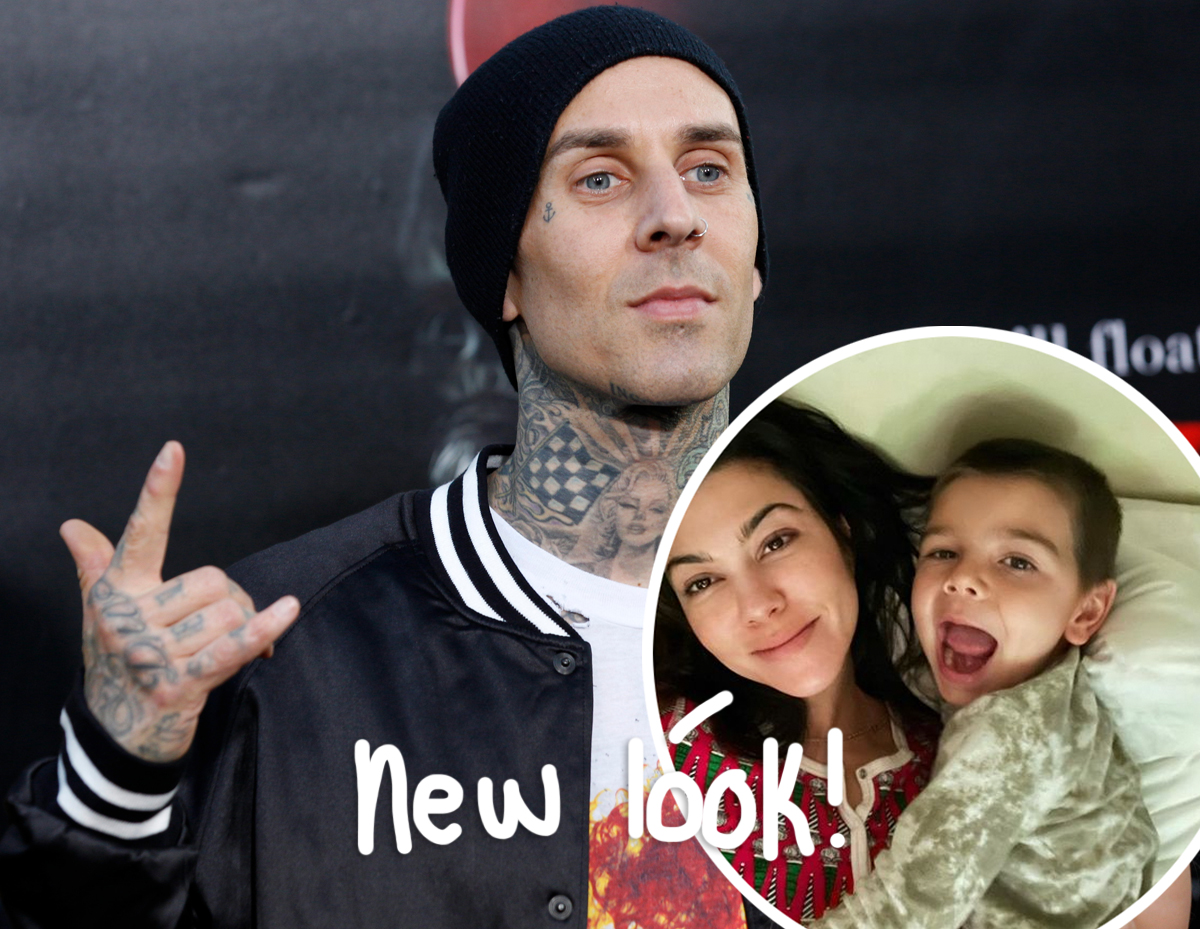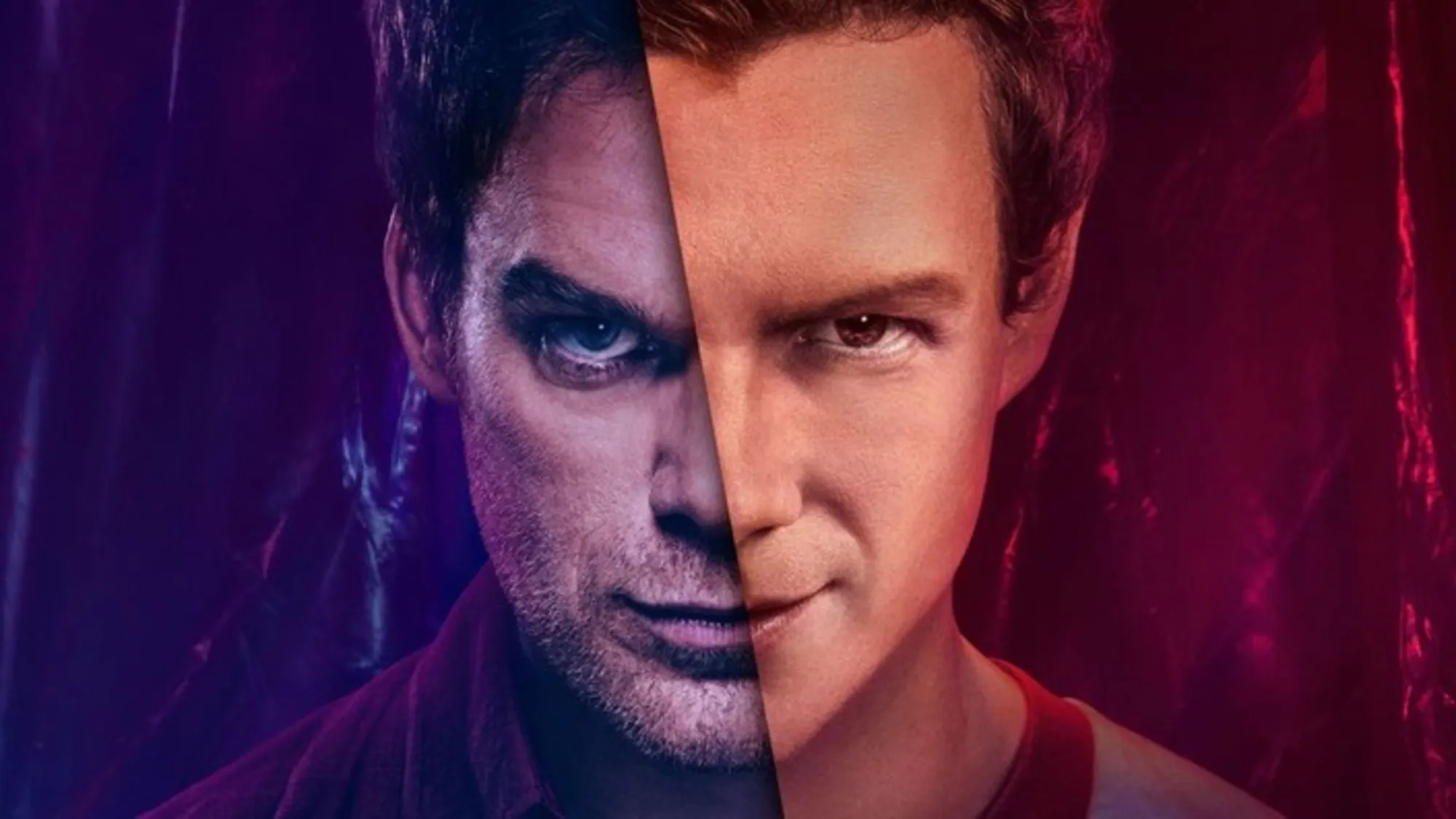The term ‘elevated horror’ has been frequently used in the last ten years. It refers to horror films that are thought-provoking, have deep commentary, and push artistic/cinematic boundaries. Examples include Robert Egger’s The Witch, Ari Aster’s Hereditary and Midsommar, and Jordan Peele’s Get Out, Us, and Nope. I really love all those films, but the notion that they are the best the horror genre has to offer is untrue. Sure, there’s a difference between let’s say the original Nightmare on Elm Street and Hereditary. One’s a surreal slasher about terrifying subconscious fears and the other’s a dramatic meditation on grief, motherhood, etc. But, one being dubbed elevated does not make it suprioer to the other.
Yes, there are terrible horror movies. But, every genre has schlock. People don’t refer to action movies, comedies, dramas, romantic comedies, westerns, or science fiction as elevated. It’s such a put down to the history of horror to say that only recently have genre movies become philosophical films worthy of playing arthouse theaters. That shows a lack of knowledge for the gnere. Horror movies have always been cutting edge and dealt with profound societal critiques.
The Stepford Wives (1975) is a pivotal feminist movie about gender, patriarchy, subservience, and the horrors of technology. The movie isn’t referred to as elevated. Sure, it has thriller and sci fi elements but at the end of the day, it’s a good old horror movie. Ira Levin wrote this and Rosemary’s Baby. Both films very much ushered in slow burn, paranoia-filled horror stories where protagonists become unwitting participants in a nefarious conspiracy. This was a huge influence for the 2017 movie Get Out. Peele modernized these elements and made it a dark tale about the horrors of racism.
Another example is the incredibly disturbing Possession (1981). This movie was made after director Andrzej Żuławski went through a difficult divorce with the actress Małgorzata Braunek. You can feel how personal and cathartic this movie was for Żuławski to make. To me, it’s the most visceral film I’ve seen about divorce. The setting of the picture is Berlin, and that very much plays into the allegories of the story. The Berlin Wall is a clear parallel to the couple’s dwindling marriage. The eerily quiet public settings make you really feel the emptiness of the marriage. Also, the heightened, genius acting makes you feel the biter ugliness of a breakup. To me, Isabelle Adjani easily gives one of the best performances in horror history. Ari Aster has listed this as one of his favorite horror movies, and I’m sure it’s been an influence for him.
Another incredibly influential pre-elevated horror movie is Candyman (1992). It’s commentary on race, processing trauma, gentrification, and how white people exploit/violate people of color is revolutionary. The theme of gentrification is expanded upon in the sequel, Candyman (2021). The 1992 film has horrifying visuals that have stuck with me such as the bees coming out of Candyman’s mouth.
It’s important to note that horror filmmakers including John Carpenter, Bruce Campbell, Jordan Peele, James Wan, Scott Derrickson, Tom Holland, and Zach Cregger all have negative opinions of the term. When Carpenter was asked about his opinion on the term, he hilariously said he had no idea what it means. Carpenter said: “There’s metaphorical horror. But all movies have … they don’t have messages. They have themes. Thematic material, and some horror films have thematic material. The good ones do.” Zach Cregger’s opinion of the term really mirrors my own feelings. He said: “I feel like the term elevated horror is for people who don’t know much about horror. It’s for people who see horror as an inferior genre.” He goes on to explain that he loves Hereditary and Get Out, but he also adores Evil Dead II.
I think the downside of this term is there have been films made recently that have such obvious commentaries on themes like trauma and grief. But, it can feel like those themes are being stuffed down our throats without providing any new insight. Movies like The Stepford Wives, Possession, and Candyman deal with important themes, but there is allegorical subtlety to them. We should be able to put a movie like The Babadook on the same playing field as a slasher like Black Christmas (1974). Period.
Be sure to follow us on social media: Twitter and Facebook
Post Views:
1

